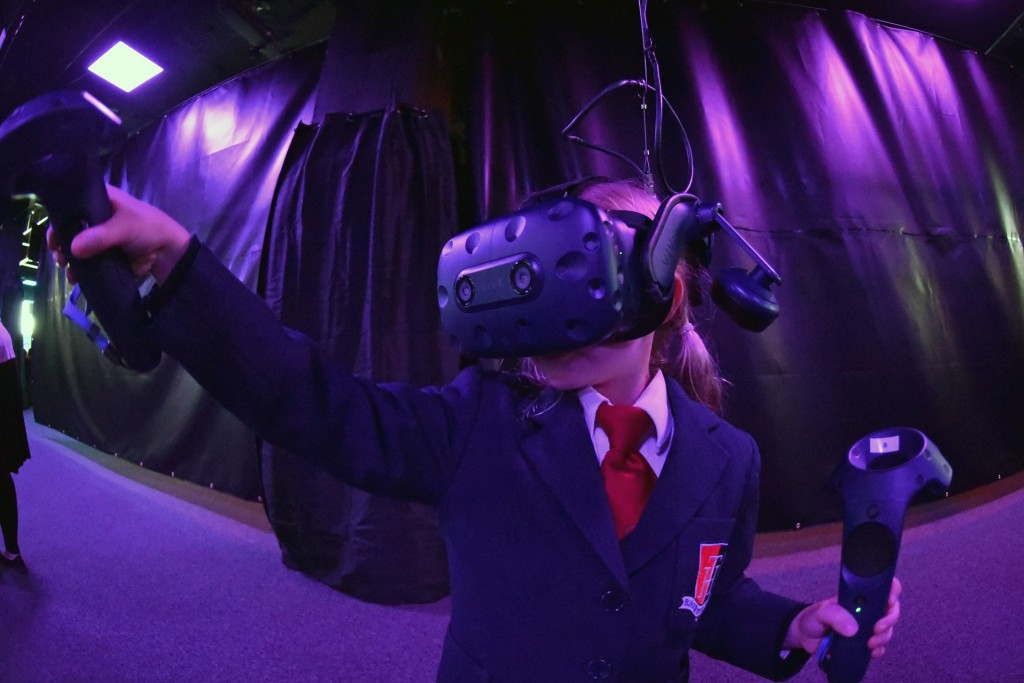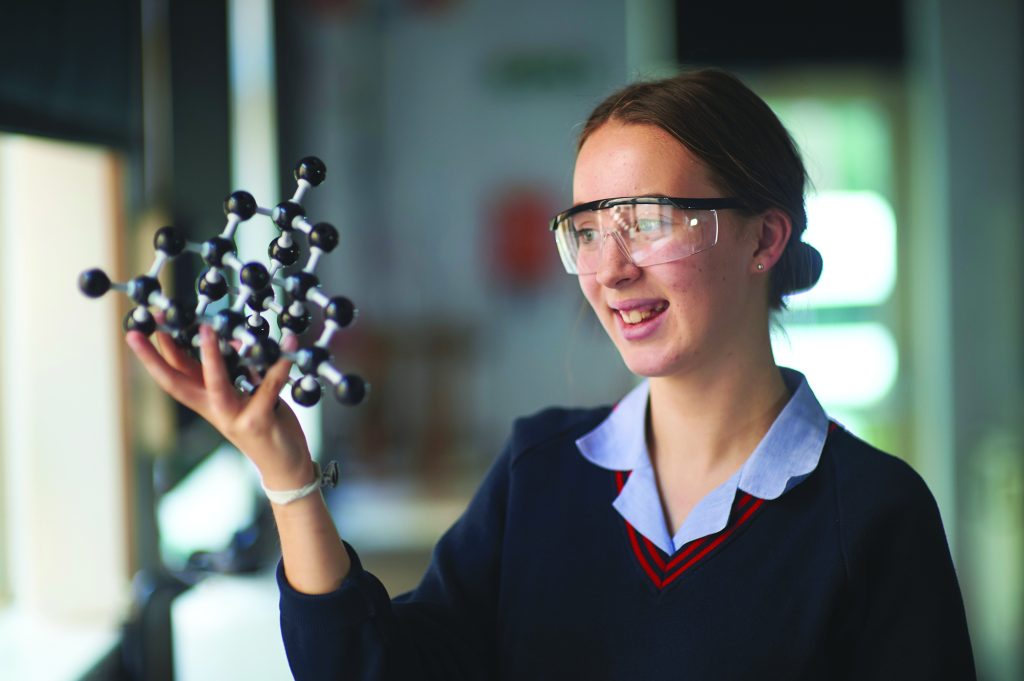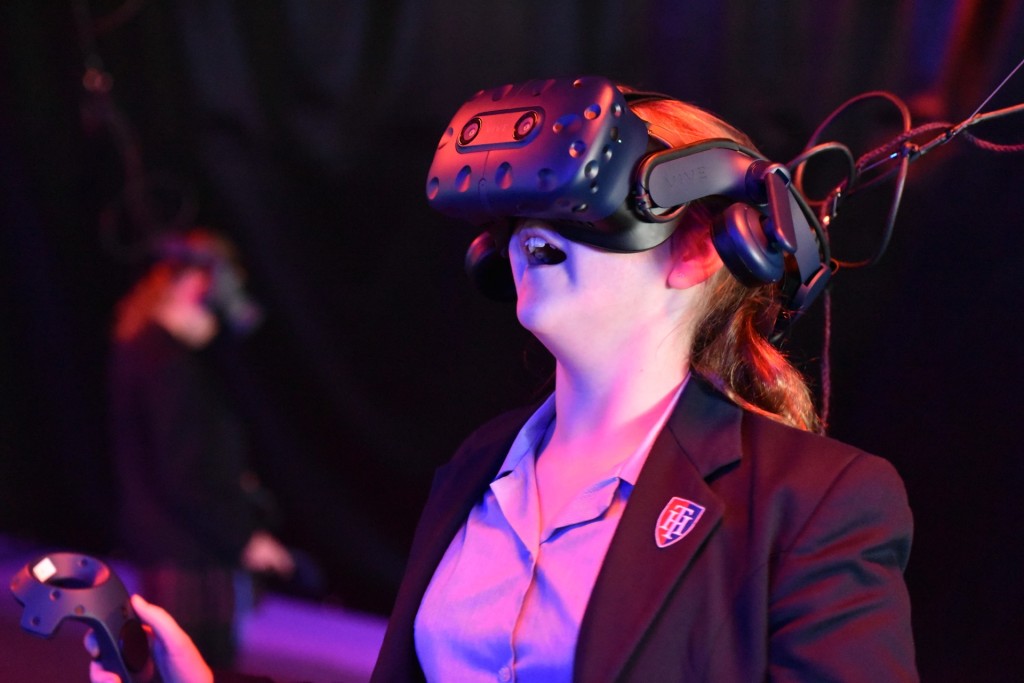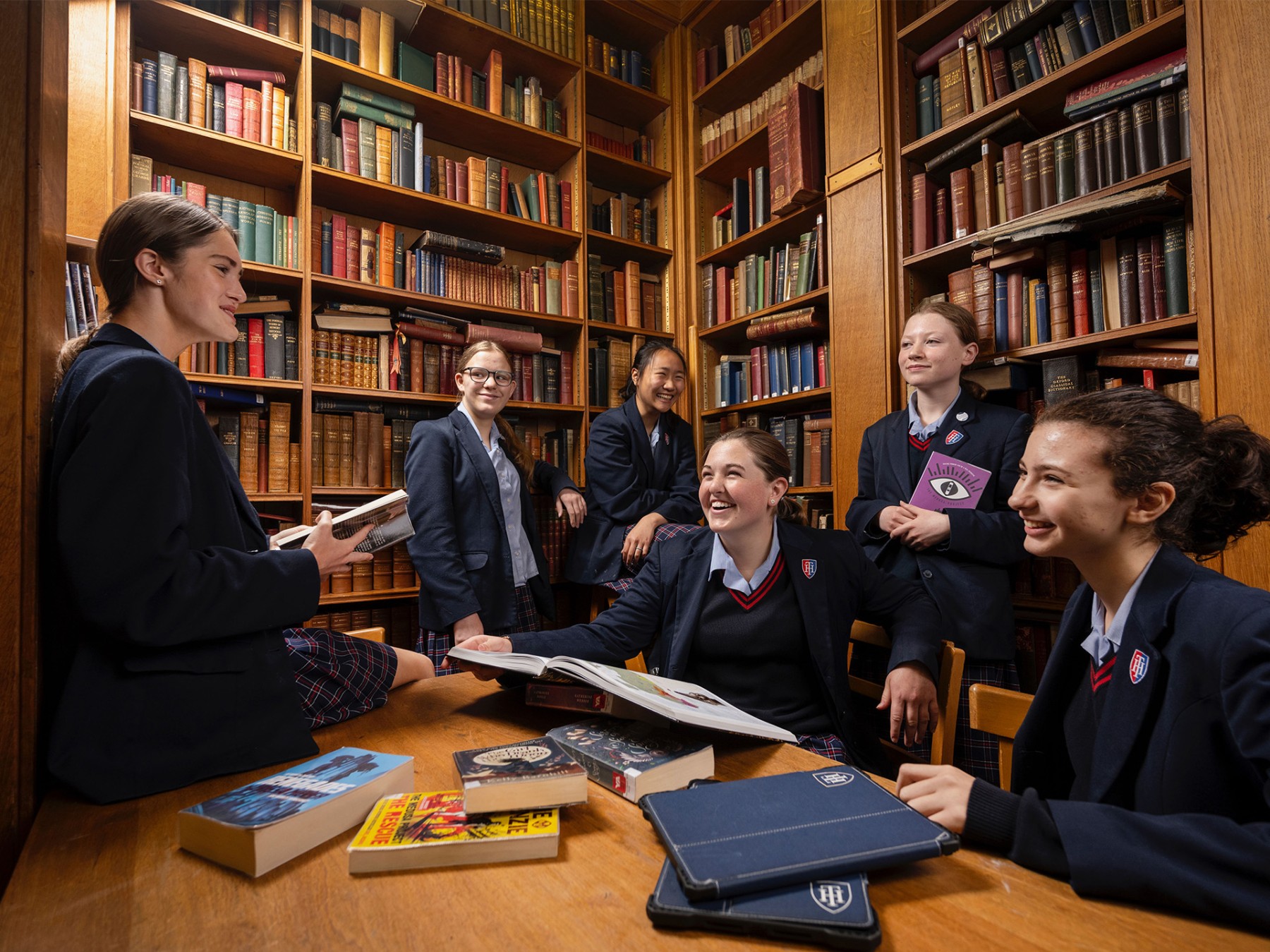Senior School Curriculum
What is our CURRICULUM?
The curriculum serves as the backbone of education, shaping the learning experiences and opportunities for every student. It provides a structured framework through which knowledge, skills, and values are imparted, ensuring a comprehensive and well-rounded education. A well-designed curriculum not only facilitates academic excellence but also promotes critical thinking, creativity, and problem-solving abilities essential for success in the modern world.
Moreover, the curriculum reflects the values and priorities of the school, fostering a sense of community, identity, and shared purpose among students and educators. By continually reviewing and enhancing our curriculum, we can adapt to the evolving needs of society, incorporate innovative teaching practices, and provide students with the knowledge and skills they need to thrive in an ever-changing global landscape. Therefore, investing in the development and refinement of our curriculum is paramount to fulfilling our mission of nurturing well-rounded individuals prepared for the challenges and opportunities of the future.

How do we do this?
- Develop our KS3 outdoor learning curriculum that provides knowledge and understanding of living landscapes, biodiversity and ecology from Kindergarten to U4
- Develop use of AI across the curriculum to improve teaching and student outcomes
- Development of the curious minds all-through curriculum to achieve academic excellence delivered with high quality teaching. To ensure a seamless transition and cohesive learning experience for our students, we will conduct a thorough curriculum, skills, and assessment mapping process, aligning from A-level down to Junior School. This will create a clear pathway for girls as they progress through each year, fostering continuity and progression in their education journey.
- Create a progressive programme for oracy across the all through curriculum
- Develop an all through reading curriculum that exposes students to a range of high quality, innovative and groundbreaking literature
- We will review and enhance our co-curricular offerings across all levels, developing a Talbot Heath Mini-Baccalaureate that celebrates and recognizes the girls’ involvement in various aspects of school life.
At Talbot Heath we are future facing and prepare our young women for the challenges of the future. To that end our new vision has a dual focus on Sustainability for Learning and Artificial Intelligence.

Learning for Sustainability
Sustainability is at the forefront of our commitment. We recognize the importance of preserving our environment for future generations and aim to integrate sustainable practices into all aspects of our operations. From reducing our carbon footprint and conserving natural resources to promoting eco-friendly initiatives and educating our students about environmental stewardship, sustainability will be woven into the fabric of our school culture. By prioritizing sustainability, we strive to instill a sense of responsibility and environmental consciousness in our students, empowering them to become agents of positive change in their communities and beyond.
How do we do this?
- Innovation through greater and sympathetic use of our woodland setting
- Begin to establish adventure zones for children from 3 to 18 to explore their environment and live their adventure
- Develop curriculum opportunities to develop campus as a ‘Living Lab’
- Explore partnership opportunities, for example with the National Education Nature Park
- Interdisciplinary learning – develop opportunities to explore sustainability
- Explore qualification options for subsequent years
- Explore option for an ‘Environment Week’ with cross curricular and external input

Artificial Intelligence
In today’s rapidly evolving technological landscape, integrating education about artificial intelligence (AI) is paramount for preparing students to navigate and thrive in the future. As AI continues to permeate various aspects of society, from healthcare to finance, understanding its principles and applications becomes increasingly essential. Teaching about AI not only equips students with technical skills relevant to emerging industries but also cultivates critical thinking, problem-solving abilities, and ethical considerations necessary for responsible AI development and implementation.
By incorporating AI education into our curriculum, we empower students to harness the transformative potential of AI while fostering a deeper understanding of its societal impacts, thus preparing them to become informed and proactive contributors to an AI-driven world.
How do we do this?
- Embrace and embed opportunities to use AI to enhance high quality teaching and learning, assessment, reporting, communication
- Teach opportunities to use AI to enhance student study approaches and attainment
- Educate students to understand the potential of AI across society and how to develop an ethical and informed approach to its use
- Make connections with external organisations – provide student and community lectures
- Host a Talbot Heath AI conference to share innovation across education providers and private companies

